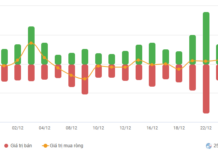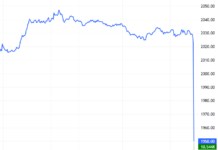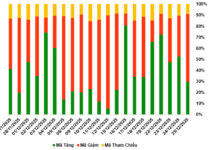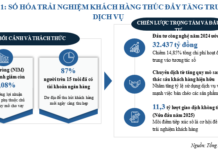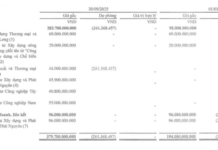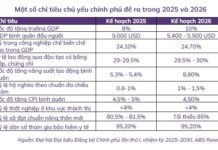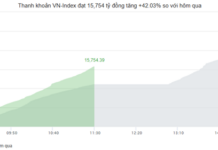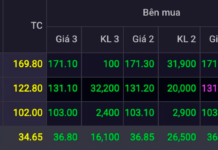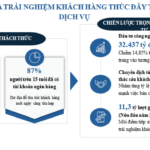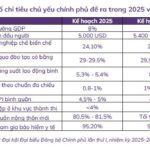The government has issued Decree No. 109, which includes a provision to reduce the registration fee for domestically produced and assembled cars by 50% for the last three months of 2024.
Accordingly, from September 1 to November 30, the registration fee will be set at 50% of the rate specified in Decree No. 10/2022/NĐ-CP, dated January 15, 2022. Starting December 1, the registration fee will revert to the original rate.
This is the fourth consecutive year that domestically produced cars have benefited from this policy. The fee reduction helps lower the overall costs of owning a car, stimulating consumption in the domestic car market, especially as businesses in this sector are facing challenges.

The registration fee for domestically assembled cars will be reduced for three months, starting from September 1. (Illustrative image)
According to the Ministry of Finance, in the first three months of 2024, total car sales (including passenger cars and commercial vehicles) decreased by 17% compared to the same period in 2023, reaching only 58,165 units. Of these, passenger car sales reached 41,858 units, a 21% decline, while commercial vehicle sales stood at 15,915 units, a 6% drop, and specialized vehicle sales were 392 units, a 48% decrease compared to the first quarter of 2023.
Statistics from the Vietnam Automobile Manufacturers’ Association (VAMA) also show that the average monthly production in the first four months of 2024 was approximately 14,167 vehicles per month. Notably, while the production and sales of domestically produced and assembled cars have consistently declined, imports of completely built-up vehicles have surged.
Many imported car models have received significant discounts and price reductions from distributors, boosting their sales and narrowing the gap with domestic cars.
Therefore, the Ministry of Finance believes that continuing to reduce the registration fee for domestically produced and assembled cars is one of the financial support measures to encourage consumption, restore the industry’s growth rate, create jobs, increase workers’ income, and ensure social welfare.
As of the end of 2022, there were more than 40 enterprises producing and assembling automobiles in Vietnam, with a total designed capacity of about 755,000 vehicles per year. Foreign-invested enterprises accounted for approximately 35%, while domestic enterprises made up about 65%. This meets about 70% of the domestic demand for cars with fewer than nine seats. By 2025, the domestic market demand is expected to reach approximately 800,000 to 900,000 vehicles per year.
Vietnamese consumers are losing interest in Toyota cars?
Due to poor car consumption in the early months of the year, the purchasing power of most car brands has been significantly reduced. Among them, Toyota has been left far behind by other brands.

